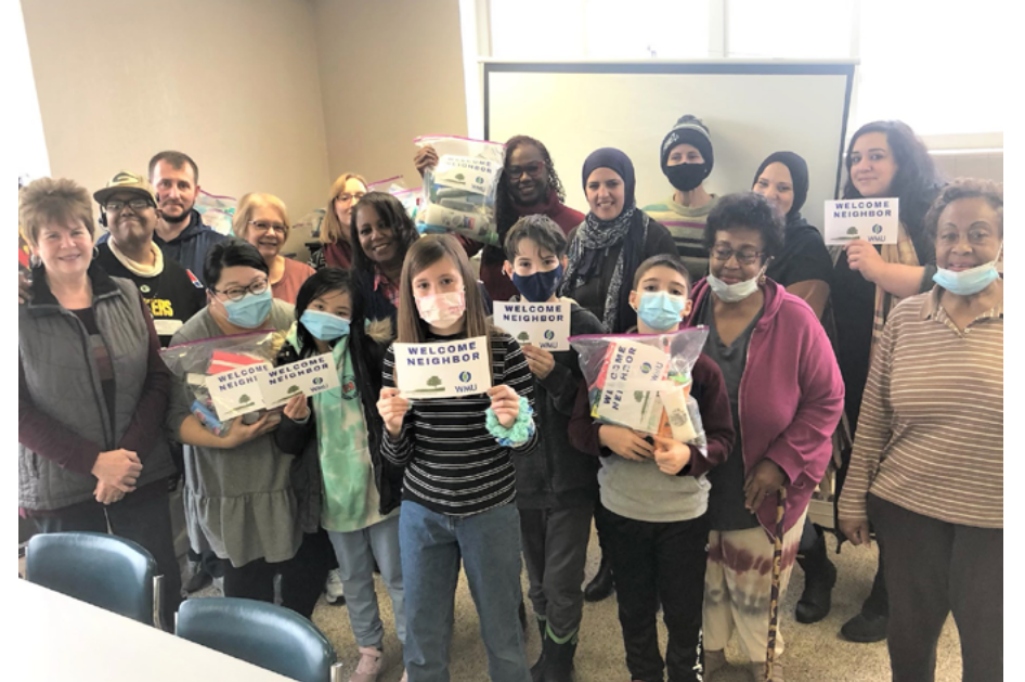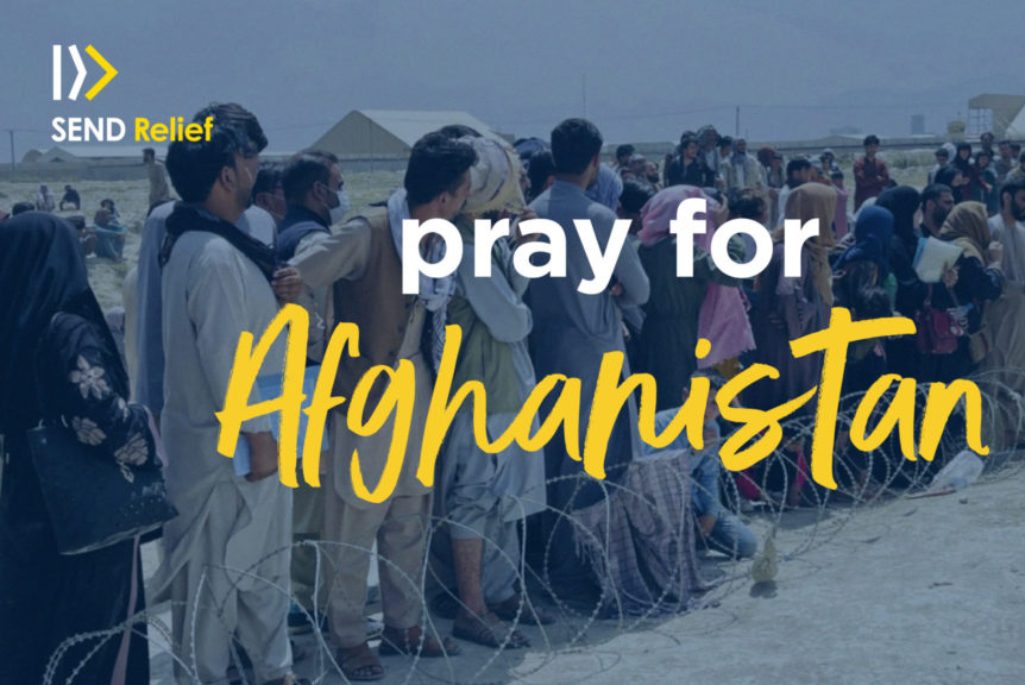
“I wanted an organization where I could be more personal, where we would actually partner and where we can find ways to do hands-on ministry, rather than taking products or taking things and that’s it,” said Gwendolyn Sutton, president of the M-W WMU.
Afghan refugees in Minnesota and Wisconsin have received help and hope from the Minnesota-Wisconsin (M-W) Woman’s Missionary Union (WMU), which has been meeting practical needs and building relationships through a ministry fueled by a grant from the WMU Foundation.
M-W WMU President Gwendolyn Sutton said the grant has allowed them to partner with the Milwaukee chapter of a non-profit organization called Hanan Refugee Relief, adding that the partnership has allowed WMU staff and volunteers to develop a ministry focused on relationships and community, not just practical needs.
“I really wanted an organization that focused on women and women’s issues,” Sutton said.
“I wanted an organization where I could be more personal, where we would actually partner and where we can find ways to do hands-on ministry, rather than taking products or taking things and that’s it. I wanted it to be a long-term relationship where we built community. You can’t do discipleship without knowing who you are discipling and to be open, vulnerable and get to know each other. That makes community.”
Sutton elaborated that her pre-existing relationship with a leader at the agency made the collaboration a perfect fit for the union to utilize the grant.
The specific grant received from the Foundation is titled the “HEART” grant (Humanitarian Emergency Aid for Rebuilding Tomorrow), and was established after the events of 9/11. It is designed to help WMU leaders across the country deal with emergency needs.
Since the crisis in Afghanistan began last fall, more than 150,000 Afghan refugees have been brought to military bases all over the United States with hopes to be resettled.
One of those military bases is Fort McCoy, Wis., which Sutton said has taken in more than 10,000 Afghan refugees. Many of these refugees have already been settled in communities across Minnesota and Wisconsin, while some are still waiting at the base to be settled.
The influx of refugees to areas like Milwaukee is what Sutton said prompted the WMU Foundation to reach out to her about the HEART grant.
As the refugees settle into communities, Sutton said most of the WMU’s practical ministry to the women includes shopping for food, supplying all the women with sewing machines, purchasing items for their homes and helping meet basic hygiene needs.
Sutton said some of the resettled refugees can speak English and have a lot of vocational skills, while others cannot speak English and need more help and support.
Regardless of their situation, Sutton said getting to know the women helps build empathy and compassion.
“Educating ourselves about who they are and then finding out for ourselves and as we come together allows for both community and respect,” Sutton said. “If you know who a person is, then you are not as likely to make assumptions.
It’s really about showing true love and I can love you better if I reach out to you. Part of our goal this year is just to befriend someone that’s not like you, and comes from a totally different culture. Our ministry is right here in front of us.”
Sutton said as settlement of refugees increases, the WMU wants to develop new ways to expand the ministry. Plans for increasing ministry include recruiting more volunteers from local Southern Baptist churches, starting ESL classes and developing programming for refugee children.
Volunteers already have been “moved,” she said, by realizing the impact their ministry has had on the women. She urges Christians to take advantage of the opportunity to welcome Afghan refugees as they are being resettled in communities all over the country.
“The world has come to us … and it’s important to help them simply because they are part of our community now and we want them to feel at home,” Sutton said. “As brothers and sisters in Christ that’s what we’re called to do. We’re called to welcome people into our world.”
(EDITOR’S NOTE – Timothy Cockes is a Baptist Press staff writer.)

